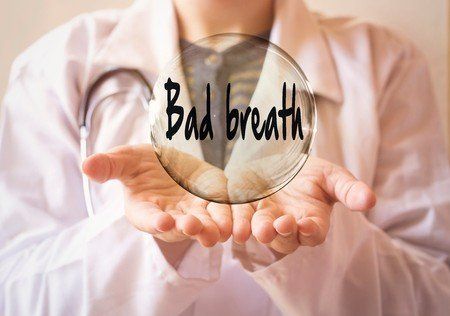Dry Mouth More Prevalent in Seniors
The price of getting old. That is how many of us describe the problems that seem to come along with age. However, while these problems often happen in everyone, there are some things we can do to offset them and get things back to normal.
Dry mouth is one such condition seniors face. Because there is a reduced saliva flow as we get older, for a variety of reasons, dry mouth is the result. And, along with dry mouth usually comes an eternal case of bad breath.
The condition is actually called xerostomia. Dry mouth can be traced back to several things, and some of these are put into that category of “just getting old.” For instance, several medical conditions directly associated with seniors cause dry mouth. In addition, many of the medications that treat these conditions also result in dry mouth.
One of the main reasons dry mouth is such a concern is because the soft tissue in the mouth becomes irritated if it starts to become dry. When your mouth is consistently dry. It can create inflamed and/or receding gums. With these issues generally follows tooth decay, something that is quite common in seniors that do not have an active oral health regimen.
Something else to consider is the use of an inhaler. If you have ever used this device, you already know how dry your mouth feels after you take a dose. This is why we recommend immediately rinsing your mouth if you have to use one of these devices.
There are some things that can be done to fight back against dry mouth. For instance, if you notice dry mouth after some of your medications change, let your doctor know and you may be able to switch to a new medication that does not cause the same side effect.
If you still have problems after trying new medications, consider drinking more water, especially at night. While eating generally creates more saliva, those with dry mouth will have hours after their last meal without little to no saliva production. Taking a sip of water and washing your mouth out can help keep your mouth moist.
In addition to this, consider chewing sugarless gum after a meal. Chewing the sugarless gum will help to stimulate your saliva glands as well as helping to remove food particles from your mouth.
Need to go to the dentist but tired of those high bills? Our New Hampshire discount dental plan can save you as much as 20 percent off your dental bills. For more information, please click here.











